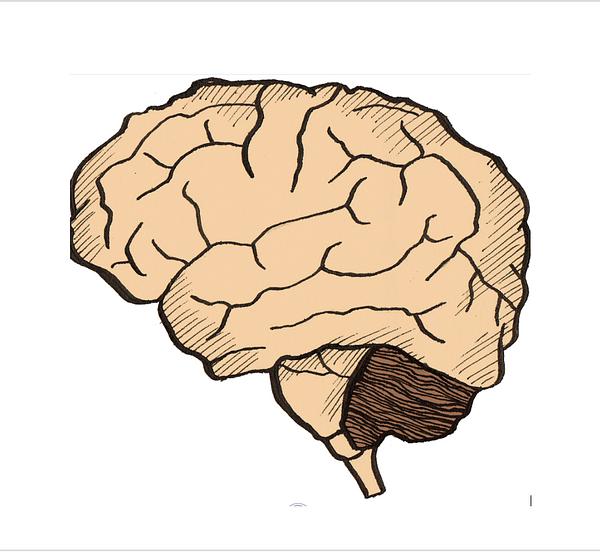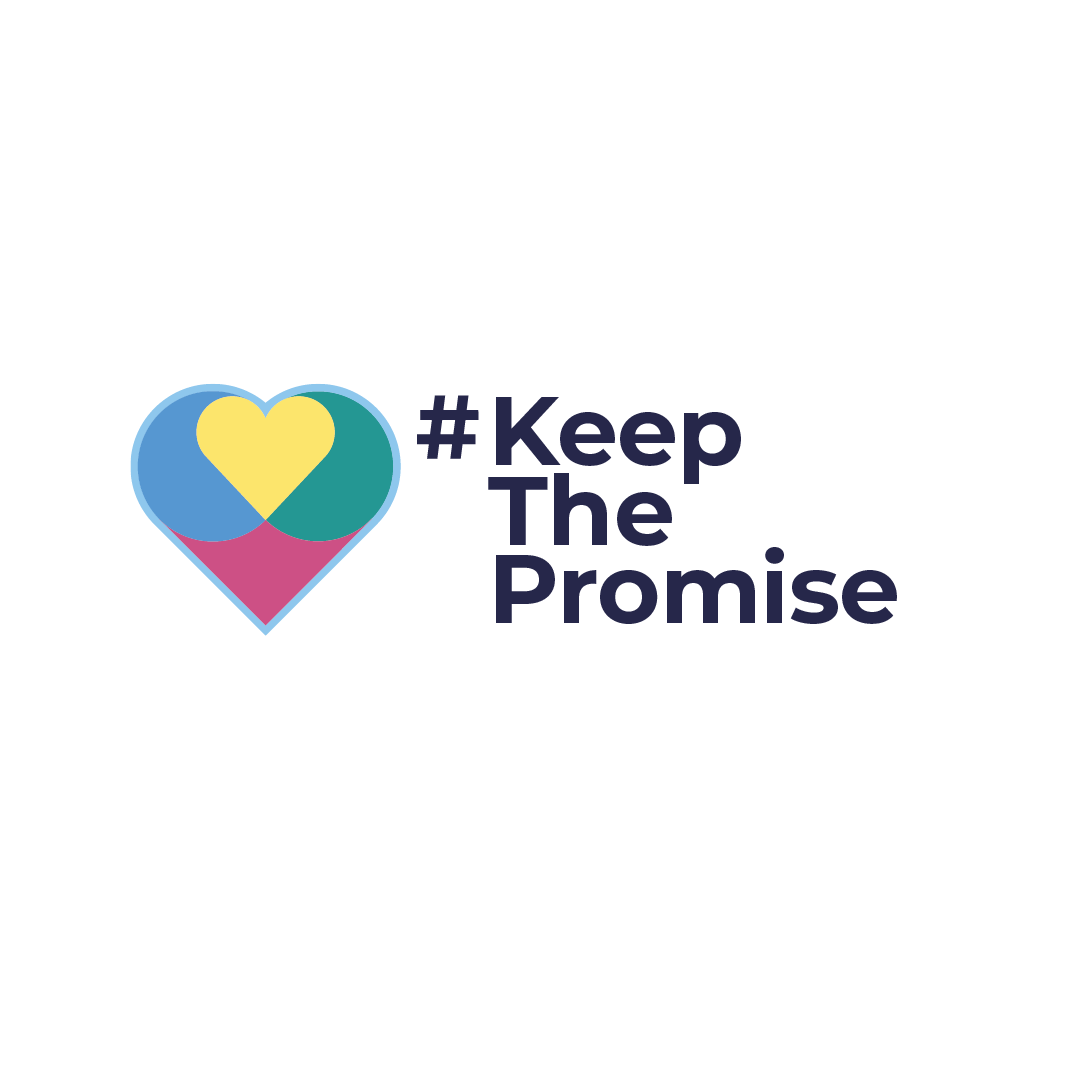Brain Awareness Week
Join us online for a special event to mark Brain Awareness Week at 7pm on Thursday 16th of March.

It’s Brain Awareness Week! For it, we’re teaming up with Brain Health Scotland to highlight the importance of maintaining brain health. As part of that, we’re holding an Instagram live event at 7pm on Thursday 16th of March, hosted by Twinkl and Conduit, who produce teaching and educational materials.
You can access the session on Instagram via @conduit_connecting_knowledge.
We’re delighted to be appearing alongside Brain Health Scotland; together, we’ll be sharing how our resources work, our plans for the future and answering questions on brain health.
At the SCCR we work towards reducing the numbers of young people presenting as homeless by providing information and resources that diminishes family conflict; relationship breakdown remains the leading cause of youth homelessness in Scotland.
Our approach is informed by neuroscience; in other words, what goes on in the brain when young people and their parents / carers find themselves locked into a damaging argument. If we can understand our brain and how it is linked to our emotions and behaviours, we get a better idea of where conflict comes from and how we might respond.
In our latest resource The Three Brains, we learn that our gut and our heart play a role in brain health. They are all connected, with the heart and the brain, and the gut and the brain, feeding back into each other using chemical messengers called neurotransmitters. The gut and heart contain cells more often associated with the brain, and it these neural networks in the gut and heart that lead us to call them the body’s second and third brains.
For example, what we eat affects our gut which in turn affects our brain health, so eating health can improve our concentration and our mood. Similarly, exercising is good for our heart, but it also releases chemicals in our brain which make us feel a sense of satisfaction.
Different chemicals in our brain can affect how we feel and our emotional states. If the chemicals in our brain are out of balance, we can go into fight-or-flight mode when we perceive a threat that may not be there. It’s a reaction that made sense in evolutionary terms when the stressor triggering fight-or-flight was a sabretooth tiger, less so when it’s a parent or carer ‘nagging’ a young person to clean their room.
The Three Brains, like all of our resources, provides tips and techniques on how to step back from these fraught situations and give your brain a break.
We are looking forward to working with Brain Health Scotland and sharing tips on how to keep your brain healthy, especially in a school setting.
Happy Brain Awareness Week!





